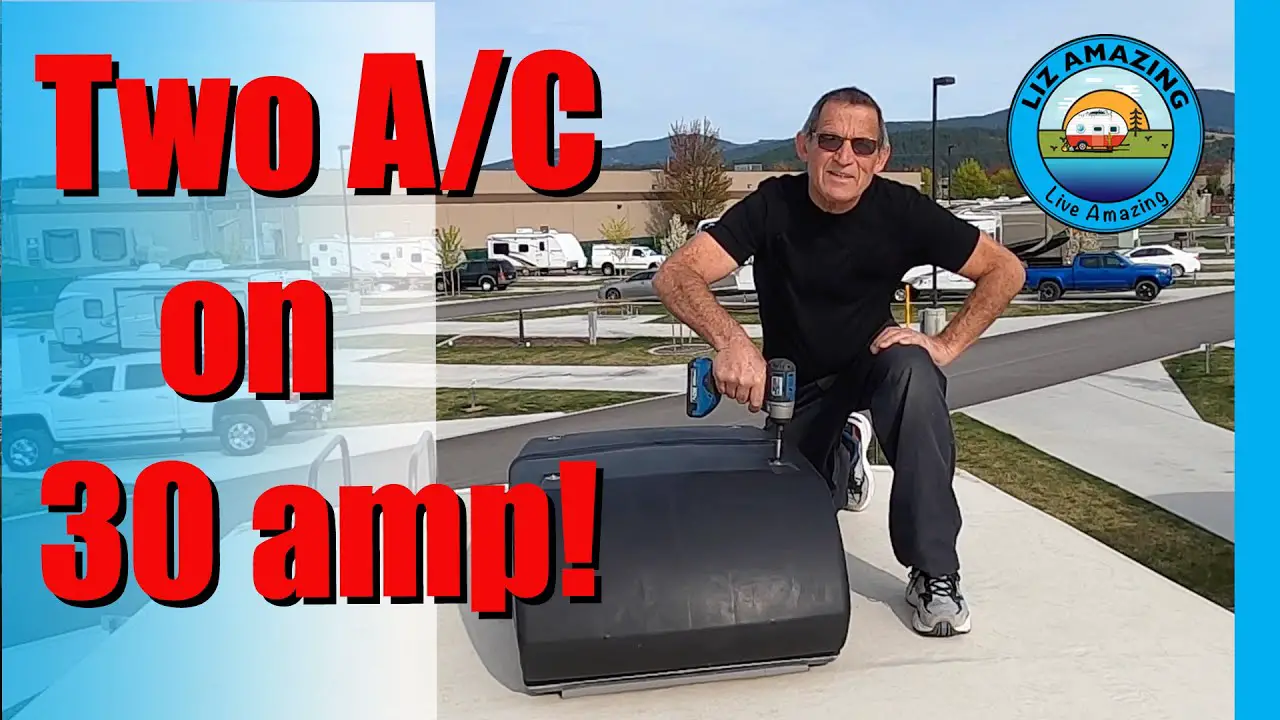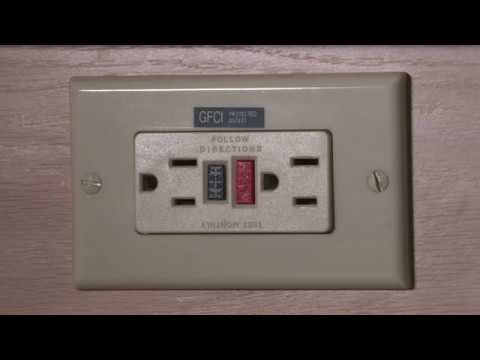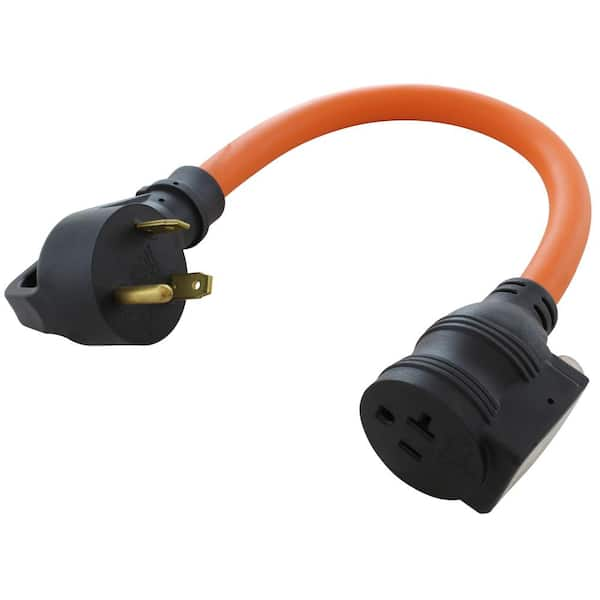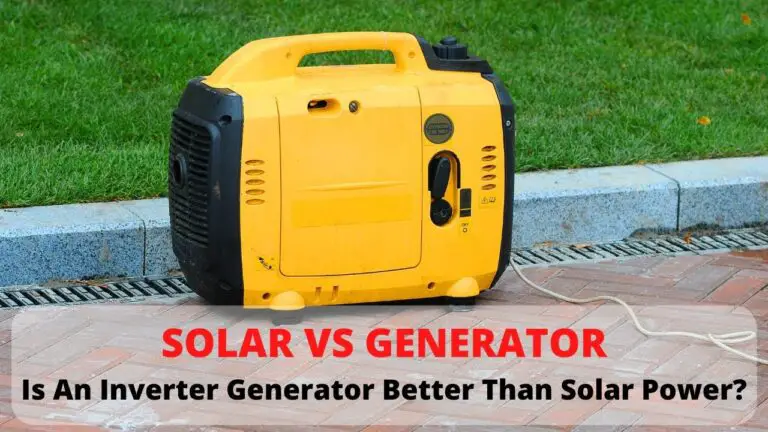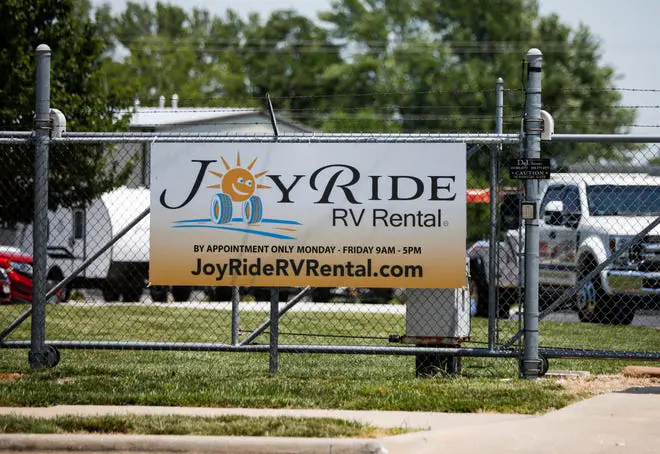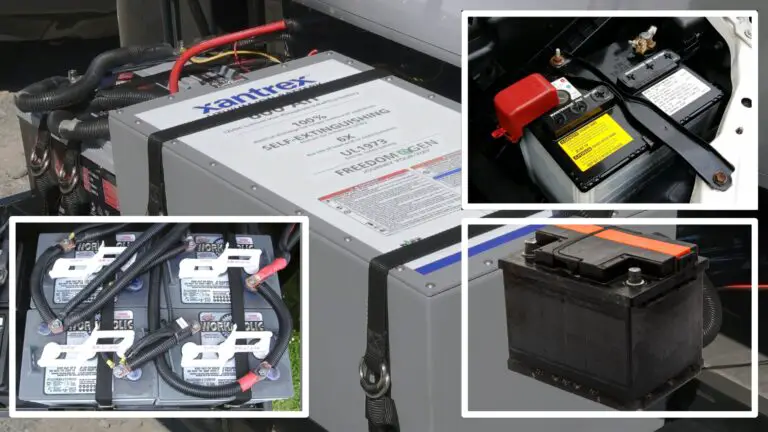Can You Run Rv Air Conditioner on 30 Amp
Yes, you can run an RV air conditioner on a 30 amp hookup.
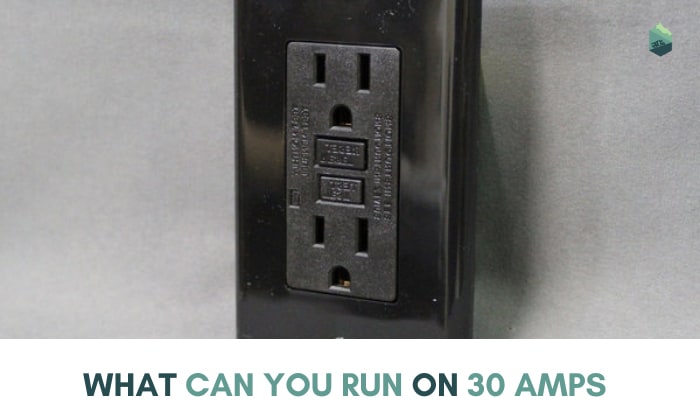
Credit: www.outdoorbits.com
Understanding The Power Requirements Of Rv Air Conditioners
Knowing the power requirements of your RV air conditioner is essential to ensure it runs effectively and efficiently. It is important to be aware of the amount of power your AC unit consumes and if your RV is equipped with a 30 Amp electrical system, whether it can handle the load.
RV air conditioners come in different types, including rooftop and portable units. Rooftop ACs are typically more common and require a higher power supply compared to portable units. These units are designed to cool your entire RV and provide comfort during hot weather.
The power consumption of RV air conditioners can vary depending on factors such as the size of the unit, its energy efficiency, and the ambient temperature. On average, a typical 13,500 BTU RV rooftop air conditioner can draw around 12-16 Amps per hour. It is crucial to take into account the power needs of other appliances and devices running simultaneously on the electrical system.
Understanding the power consumption and requirements of your RV air conditioner is vital for proper usage and to prevent overloading the electrical system. Taking necessary precautions will ensure you enjoy a comfortable and stress-free adventure on the road.
Factors To Consider When Running Rv Air Conditioner On 30 Amp
Running an RV air conditioner on a 30 amp electrical system can be challenging due to power limitations. A typical 30 amp setup provides 3,600 watts of power, and a standard RV air conditioner can consume around 1,500-3,500 watts when running. With additional appliances and devices, power consumption can quickly exceed the available capacity, leading to tripped breakers or even damage to the electrical system.
To minimize power usage, it is essential to consider the impact of other appliances and devices. For example, using the microwave or hairdryer simultaneously with the air conditioner can overload the system. Being aware of power usage and avoiding simultaneous use of high-power appliances can help prevent electrical issues.
Strategies to minimize power usage include regular maintenance of the air conditioner, such as cleaning the filters and ensuring proper insulation. Installing a soft start kit can also help reduce the initial power surge when the air conditioner is turned on. Additionally, using energy-efficient settings and keeping the RV well-insulated can help conserve energy and reduce power consumption.
In conclusion, running an RV air conditioner on a 30 amp system requires careful consideration of power limitations and strategies to minimize power usage. Being mindful of power consumption and taking preventive measures can ensure a comfortable and uninterrupted experience while traveling in your RV.
Solutions For Running Rv Air Conditioner On 30 Amp
Can You Run RV Air Conditioner on 30 Amp:
Solutions for Running RV Air Conditioner on 30 Amp:
Upgrading to a 50 amp electrical system: If you find that running your RV air conditioner on a 30 amp power supply is challenging, considering an upgrade to a 50 amp electrical system can be a viable solution. Upgrading will provide you with more power capacity, allowing you to use your air conditioner without any issues. However, it is essential to consult with a professional electrician to ensure that your RV and the campground you visit can handle the higher electrical requirements.
Using an RV energy management system: Another solution is to use an RV energy management system. This system helps you manage the electrical load in your RV by automatically prioritizing and distributing power to different appliances and systems, including the air conditioner. By reducing the power consumption of other devices when the air conditioner is running, you can successfully operate it on a 30 amp power supply.
Alternative cooling options for low power situations: In situations where running the air conditioner on a 30 amp power supply is not possible or practical, you can explore alternative cooling options. These options may include using portable fans, installing roof vent covers for improved ventilation, or investing in window air conditioning units that operate on lower power requirements. While these alternatives may not provide the same cooling capacity as an RV air conditioner, they can be helpful in managing power limitations.
Frequently Asked Questions On Can You Run Rv Air Conditioner On 30 Amp
Can I Run An Rv Air Conditioner On 30 Amp?
Yes, you can run an RV air conditioner on a 30 Amp supply, but you may face limitations. Most RV air conditioners require a 15 or 20 Amp circuit, and using a 30 Amp connection may not provide enough power for other appliances to run simultaneously.
It’s recommended to use a 50 Amp service for optimal performance.
How Does A 30 Amp Rv Plug Work?
A 30 Amp RV plug uses three prongs, with one designated for the ground and the other two for the hot wires. It provides 120 volts of power, sufficient for running most standard appliances in your RV. However, it may not support the simultaneous operation of high power-consuming appliances, like an air conditioner, microwave, or electric water heater.
Can I Use A 30 Amp To 50 Amp Adapter For My Rv Air Conditioner?
Using a 30 Amp to 50 Amp adapter is possible, but it may not supply enough power for your RV air conditioner. The adapter allows you to connect your RV to a 50 Amp power source, but the maximum power available will still be only 30 Amps.
This might limit your ability to run the air conditioner along with other high-power devices in your RV.
Conclusion
Running an RV air conditioner on a 30 amp power supply is possible but comes with limitations. It is essential to consider the power requirements of the AC unit and other appliances to avoid overloading the system. Prioritize energy-saving measures like insulation and selecting a more efficient air conditioning unit to optimize power consumption.
So, while it can be done, it’s crucial to be cautious and make informed choices for a comfortable and efficient RV experience.

